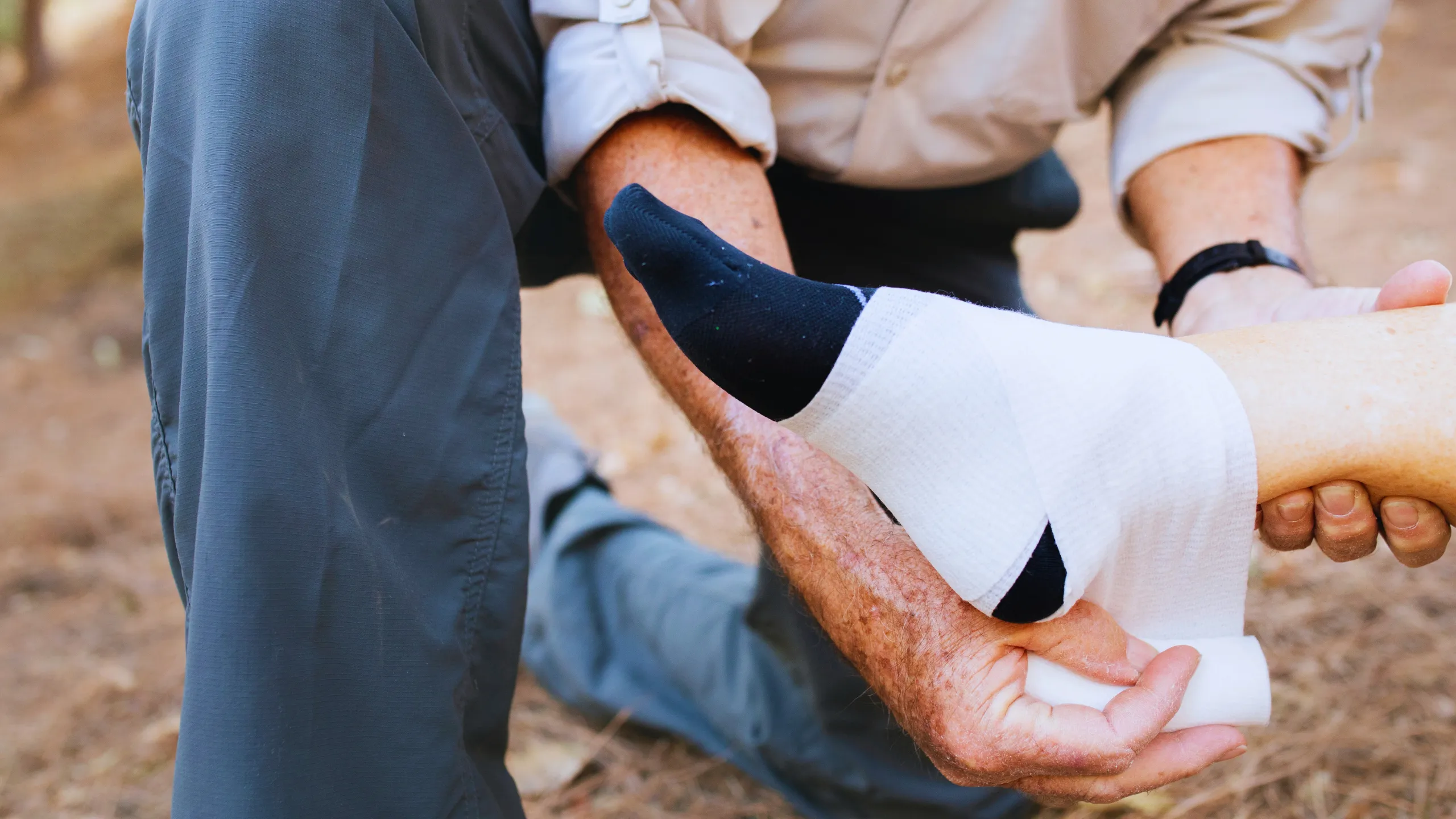One of the most common question that comes up in New York sporting accident cases is whether a defendant can be held liable for a dangerous condition or other negligence in a sporting activity or was the injury caused by a danger that is inherent in the game. Under New York law, there is a duty to exercise reasonable care which requires owner sand operators of recreational areas, to protect the public from foreseeable risks of harm. But the law in New York is equally clear and observes the maxim that landowners ,are not insurer of the safety of those using their property for recreational purposes, and the mere happening of an accident does not render a landowner liable.

The first concept that often comes up in sporting or recreational activity injuries is the assumption of risk doctrine. Under the doctrine of primary assumption of risk, a person who voluntarily participates in a sporting activity generally consents, by his or her participation, to those injury-causing events, conditions, and risks which are inherent in the activity. In other words, tisks inherent in a sporting activity are those which are known, apparent, natural, or reasonably foreseeable consequences of the participation, like physical contact in football or being hit by a ball in baseball. In these cases there is no obligation to warn of hazards associated with activities, which are obvious. When a person assumes the risk of participating in a sporting event, the landowner is relieved of legal duty to the participants; and cannot be charged with negligence. As long as the other person’s conduct does not unreasonably increase the risks assumed by the plaintiff, the landowner will be shielded by the doctrine of primary assumption of risk. The doctrine also has been extended to the condition of the playing surface. If an athlete is injured as a result of a defect in, or feature of, the field, court, track, or course upon which the sport is being played, the owner of the premises will be protected by the doctrine of primary assumption of risk as long as risk presented by the condition is inherent in the sport. In other words, If the playing surface is as safe as it appears to be, and the condition in question is not concealed such that it unreasonably increases risk assumed by the players, the doctrine of assumption of risk applies.
But this doctrine does have limits. The Courts have held that it is not sufficient for a defendant to show that the plaintiff was engaged in some form of leisure activity at the time of the accident. If such a showing were sufficient, the doctrine of primary assumption of risk could be applied to individuals who, for example, are out for a sightseeing drive in an automobile or on a motorcycle, or are jogging, walking, or inline roller skating for exercise, and would absolve municipalities, landowners, drivers, and other potential defendants of all liability for negligently creating risks that might be considered inherent in such leisure activities. In one case the Court held that the plaintiffs, who were injured while riding their bicycles on paved pathways in public parks, ” ‘cannot be said as a matter of law to have assumed the risk of being injured as a result of a defective condition on a paved pathway merely because they participated in the activity of bicycling In another case the Court held that the assumption of risk did not apply to a plaintiff who was injured when his bicycle struck a raised concrete mound on a public roadway, even though the plaintiff, like the plaintiff in the instant case, was “an avid bicyclist” and was participating in “a noncompetitive, recreational bicycle ride with about eight or nine other riders”
These decisions recognize that riding a bicycle on a paved public roadway normally does not constitute a sporting activity for purposes of applying the primary assumption of risk doctrine. By contrast, mountain biking, and other forms of off-road bicycle riding, have been classified as sporting activity. In other cases, the Courts have held that merely by riding a bicycle on a paved public roadway, or by engaging in some other form of leisure activity or exercise such as walking, jogging, or roller skating on a paved public roadway, a plaintiff does not consents to the negligent maintenance of such roadways by a municipality or a contractor. Our New York bicycle accident lawyers have continued to fight for those who are injured in recreational activities because of another’s negligence.
